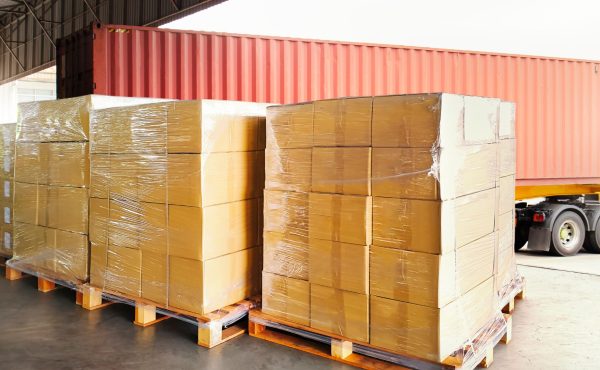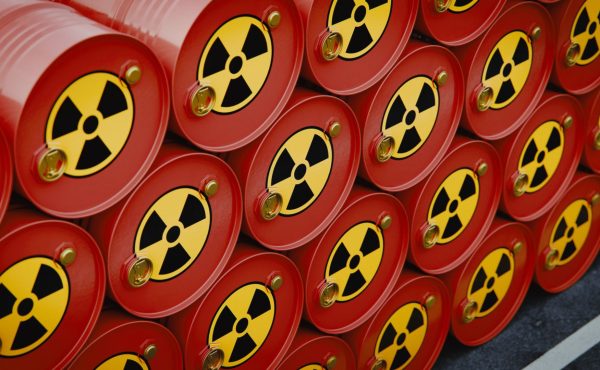Black Friday, from its origins to its global logistical impact
Every November, Black Friday triggers a worldwide shopping frenzy, marking the official start of the holiday season. But behind the massive offers and discounts, there is a fascinating history and a complex logistical network at the heart of this phenomenon.
The term ‘Black Friday’ originated in the 1960s in Philadelphia, USA, when local police used the expression to describe the chaos on the streets the day after Thanksgiving, caused by crowds of people looking to get a head start on their Christmas shopping. Over time, traders saw a business opportunity, offering discounts to attract more shoppers.
In the 1980s, the concept developed into a more positive concept: massive Black Friday sales helped businesses to move from “red” (loss) to “black” (profit). Since then, the day has become a global event, crossing borders and adapting to the characteristics of each market.
Although Black Friday is synonymous with great opportunities for consumers, it represents a major logistics challenge. Coordination, efficiency and technology are key to ensuring that millions of products reach their destinations on time.
It is important for companies to plan ahead to anticipate demand and avoid supply chain disruptions. That is why warehouses must be stocked with the right products in strategic locations, to minimize transit times and maximize responsiveness.

Can Black Friday be sustainable?
With the rise of e-commerce, Black Friday also presents an environmental challenge. The increase in the number of shipments generates a significant impact in terms of emissions and waste. As a result, many logistics companies are adopting more sustainable practices, such as consolidating shipments, using electric vehicles and introducing recyclable packaging.
At Logisber, we believe that the future of Black Friday is about balancing operational efficiency with environmental responsibility, demonstrating that it is possible to meet growing demand without compromising on protecting the planet.
Categorías
Compartir








